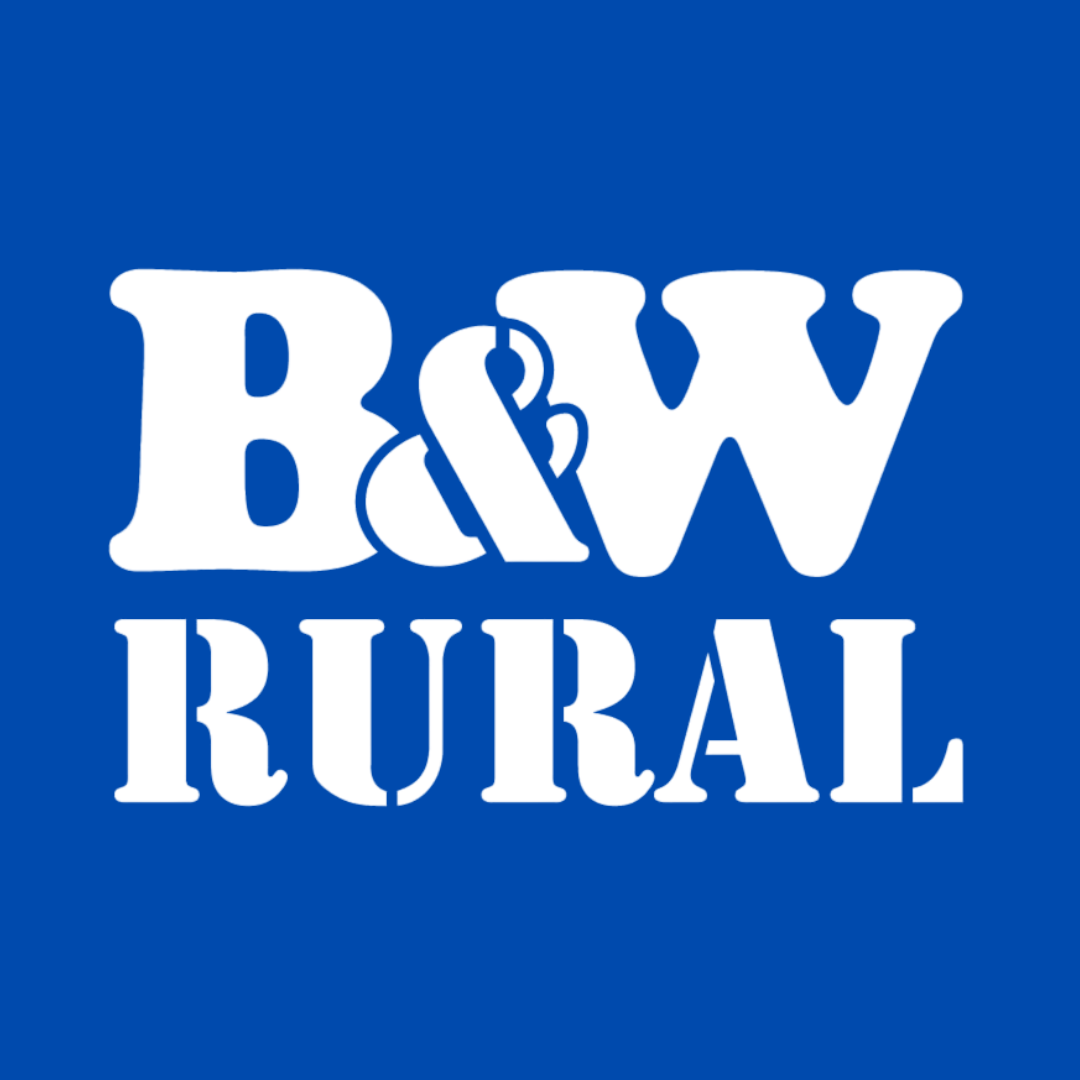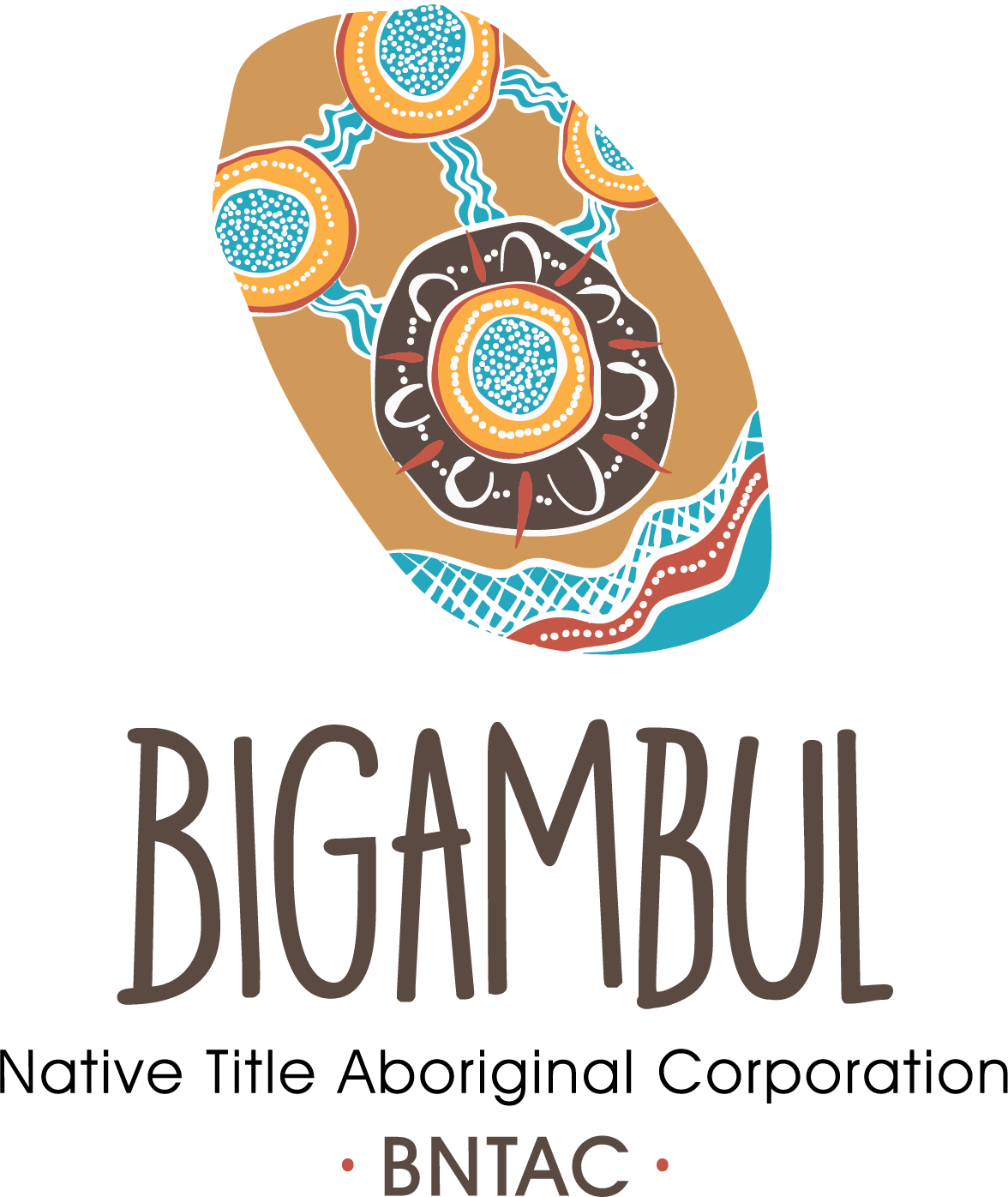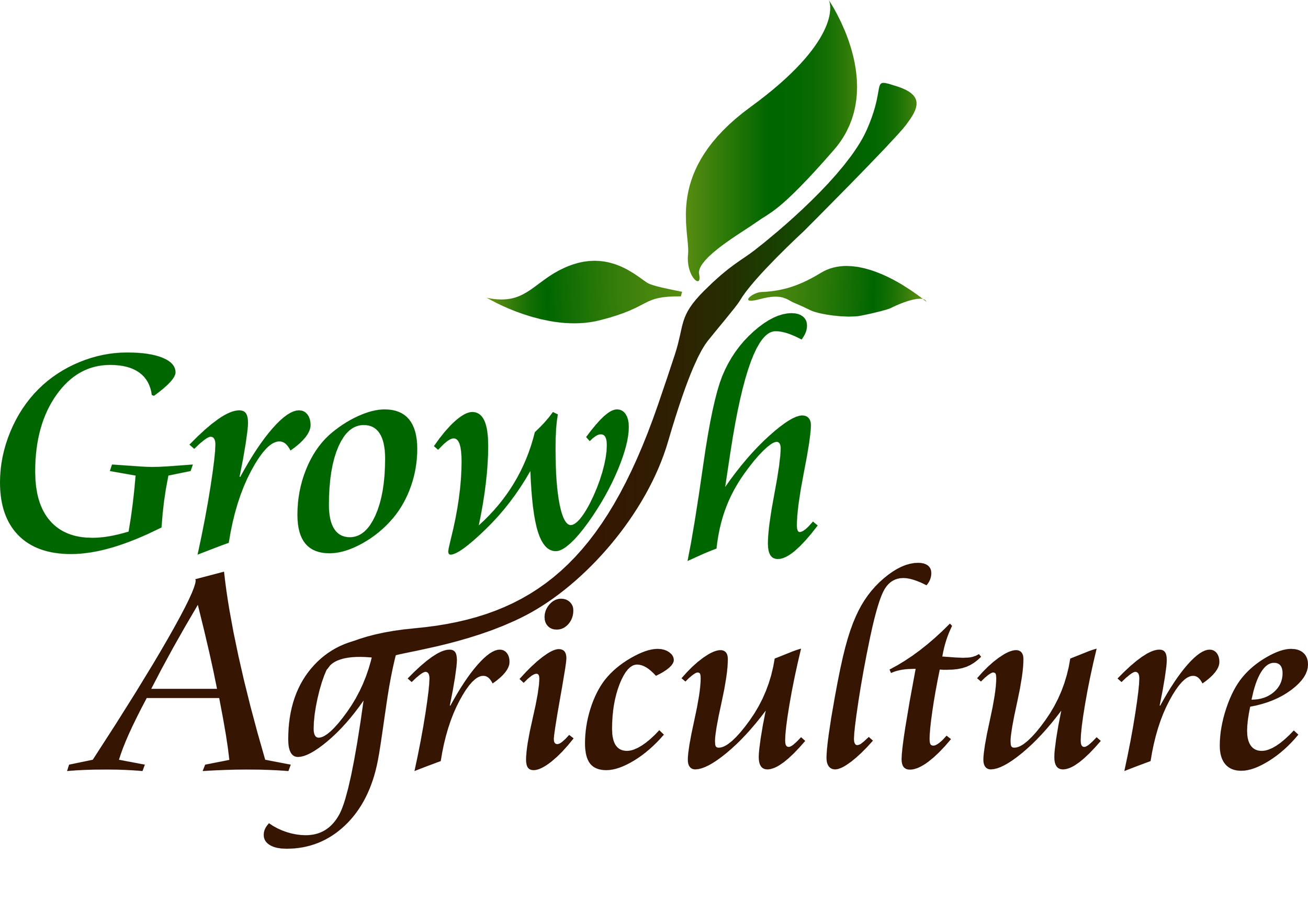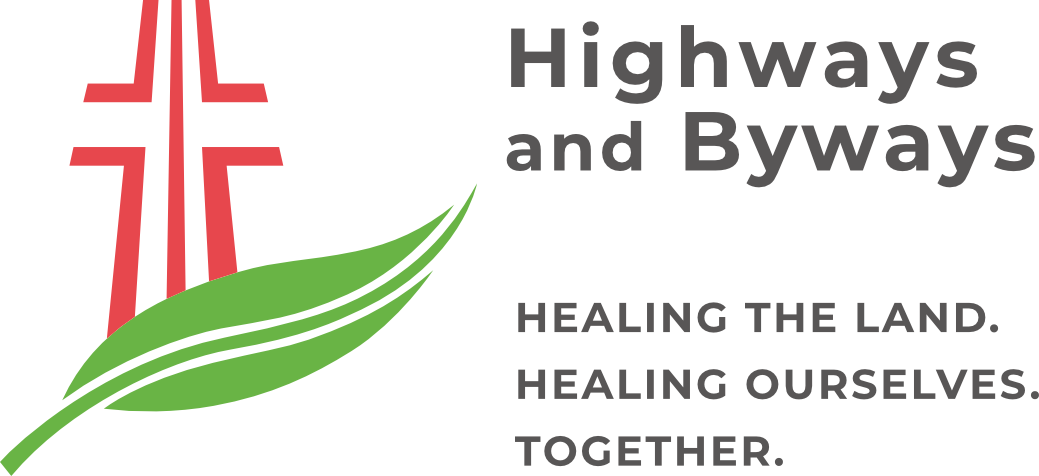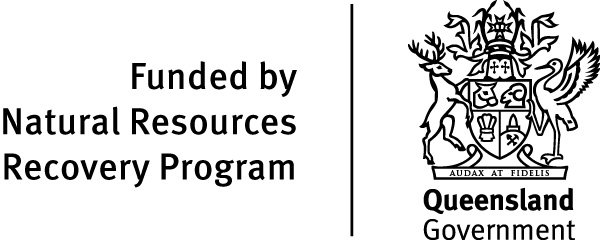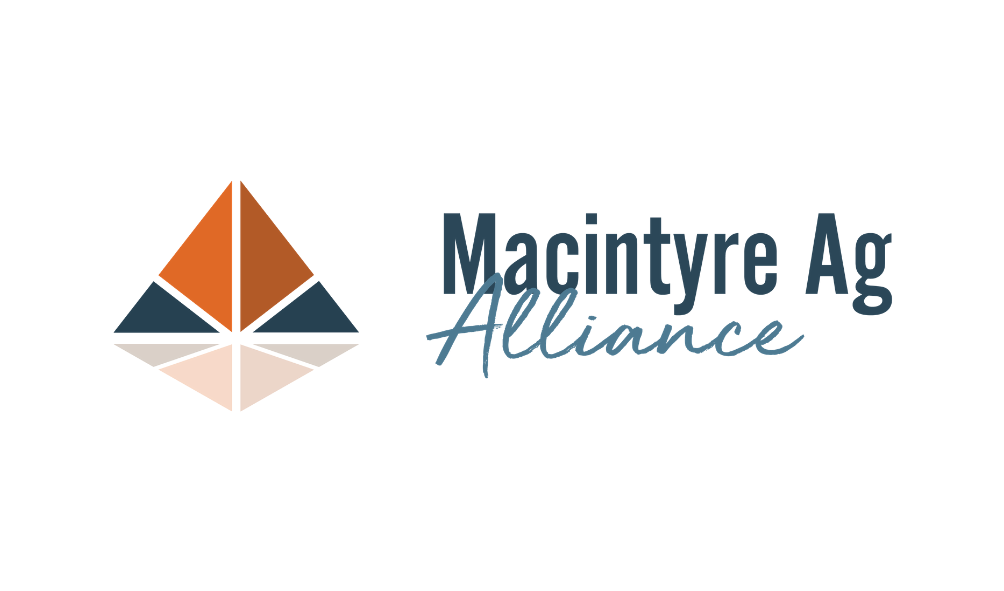Agribusiness Summit- Mitchell Cameron
There’s a well-rehearsed saying that ‘fortune favours the brave’.
In the case of Mitchell Cameron, a southern Queensland grazier, truer words could not be spoken.
Mr Cameron is credited with one of the biggest cattle trades in Australian history - agisting 38,000 cattle throughout QLD and NSW in the aftermath of the 2018-2019 drought.
Mr Cameron said he recognised an opportunity and took a gamble.
“There was hesitancy in the market after the drought and people were looking for minimal risk and taking on agistment cattle.
“There was an assumption that cattle were too dear to buy but we crunched the numbers and saw a margin there, so we put on our first 1000 head on a block near Texas.”
The stars aligned for Mr Cameron, with record rain falling throughout the Eastern States as La Nina set in and cattle prices soared to all-time highs.
At the peak of the trade, Mr Cameron had cattle agisted on 58 properties throughout QLD and NSW, not to mention a staggering $800,000 agistment bill each month.
Mr Cameron said the cattle were financed through a variety of funders including family, banks, livestock finance as well as vendor finance.
“$23m of cattle were bought on terms.
“Effectively we were paying a 10% interest rate most of the time.”
An accountant by trade, Mr Cameron said he budgeted on a 30 per cent return.
“Modelling was always done before a trade done on an individual animal. I didn’t have time to analyse on the back end.”
Overall, the trade earned Mr Cameron and his family somewhere around $20 million – a feat he said he can’t take full credit for.
“I had the support of my family who trusted me to take on the project and looked after things on the home front.
“Everyone was aligned and keen to have a go.
“It could have gone terribly wrong, but we managed to pull it off.”
This event was proudly partnered by Bigambul Native Title Aboriginal Corporation, supported by B&W Rural, Growth Agriculture, NAB, and Green Triangle Farmers, and received funding from the Queensland Government’s Natural Resources Recovery Program.

